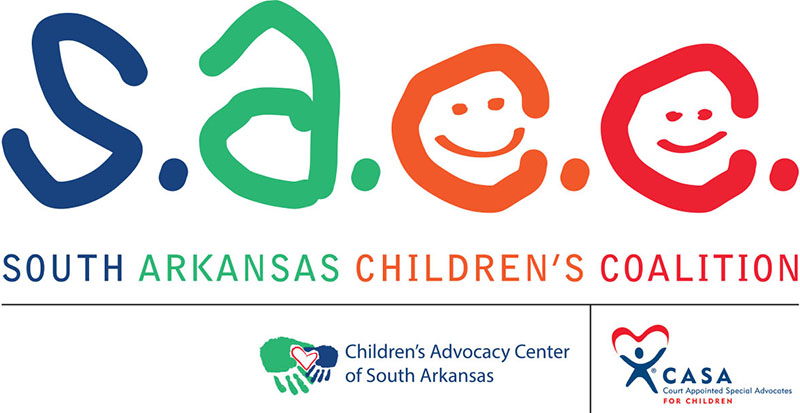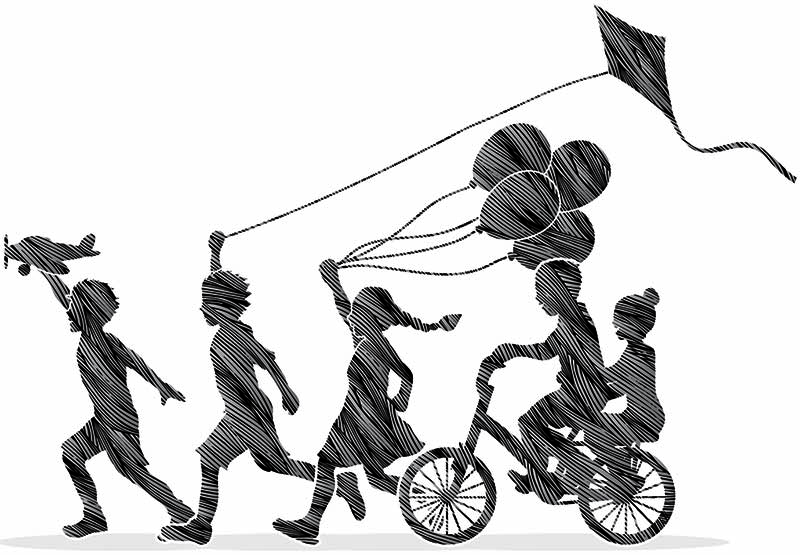

Frequently Asked Questions
What function do Court Appointed Special Advocate (CASA) and guardians ad litem (GAL) volunteers serve?
CASA/GAL volunteers are trained to act as first-hand experts on the individual needs of abused and neglected children in foster care, giving them the best possible chance at a hopeful future.
As an appointed member of the court, a CASA/GAL volunteer assumes the following core responsibilities:
- Serve as a fact-finder for the judge by thoroughly researching the background of the assigned case
- Speak on behalf of the child in the courtroom, representing his or her best interests
- Act as a "watchdog" for the child for the duration of the case, ensuring it is brought to a swift and appropriate conclusion
How are CASA volunteers assigned to cases?
Judges typically assign CASA volunteers to the most difficult and complex cases involving physical or sexual abuse and neglect. Several other factors are also considered in making this decision:
- The instability of the child's current placement
- The presence of conflicting case information
- Concerns about the implementation of special services, such as medical care, counseling and education assistance
How many children in foster care are appointed a CASA volunteer?
Last year, nearly 76,000 CASA volunteers advocated for more than 251,000 children in the foster care system.
What are the qualifications to become a CASA volunteer?
Commitment: The vast majority of cases last one to two years, and the amount of time spent on a case per month typically averages 10 hours. Volunteers must make case time a priority in order to provide quality advocacy.
Objectivity: Volunteers research case records and speak to everyone involved in a child's life, including their family members, teacher, doctor, lawyer, social worker and others. Their third-party evaluations are based on facts, evidence and testimonies.
Communication skills: Once a volunteer has fully evaluated a case, they prepare a written report outlining their recommendation for the child's placement. They must be able to speak with authority as they present their rationale to the judge in court.
What is the process to become a CASA volunteer?
CASA volunteers undergo a thorough training and development program that consists of at least 30 hours of pre-service training, followed by 12 hours of yearly in-service training. Volunteers learn about courtroom procedure from the principals in the system: judges, lawyers, social workers, court personnel and others. CASA volunteers also learn effective advocacy techniques for children, and are educated about specific topics ranging from seminars on child sexual abuse to discussions on early childhood development and adolescent behavior.
After completion of the initial training, volunteers are sworn in as officers of the court. This gives them the legal authority to conduct research on the child's situation and submit reports to the court.
What is the cost to a CASA program to provide a CASA volunteer to one child for a year?
The median cost per child* was $1,140. Costs per child is based on program expenses and the total number of volunteers or children served.


